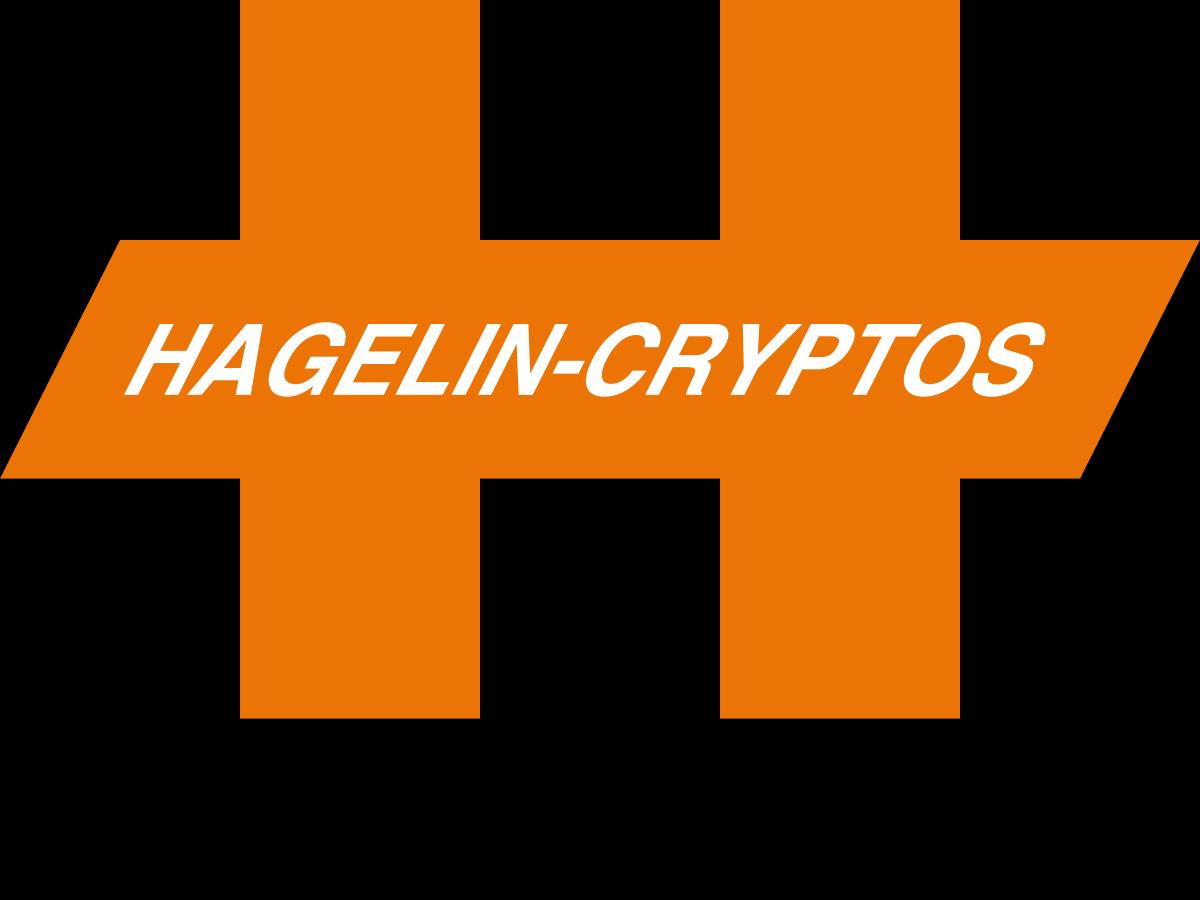Crypto Casino Payments Remain Largely Unregulated Globally
Crypto casinos continue to outpace regulatory efforts, with regulatory frameworks lagging behind industry growth. Crypto gambling revenue soared past $81 billion in 2024, a more than fivefold increase since 2022, as players flocked to platforms such as Stake, Rollbit and Roobet-licensed in jurisdictions like Curaçao and Malta-despite restrictions in major markets including the UK, US and China. Widespread access through VPNs and affiliate marketing, combined with limited KYC requirements, spending limits and enforcement, have enabled this surge. Regulators struggle with cross-border challenges, advertising loopholes and enforcement gaps.
Operators are adapting to regulatory pressure by adopting tiered KYC procedures, favouring stablecoins, seeking dual licences, and improving anonymisation. Many now offer“light KYC”-minimal ID checks for low-value transactions-while full identity verification is reserved for higher-volume users. Stablecoins such as USDT and USDC are increasingly preferred due to their perceived stability and regulatory acceptance, with some platforms even restricting transactions to stablecoins only. Dual licensing strategies, for example via Curacao and Malta, are becoming common as operators seek legitimacy and resilience.
In regulated iGaming markets, compliance with anti‐money‐laundering and know‐your‐customer standards is becoming essential even for crypto payments. Providers such as CryptoProcessing by CoinsPaid offer enterprise-grade systems that integrate AML/KYC checks, real‐time transaction monitoring and customisable dashboards tailored for finance and compliance teams. In addition, regulatory authorities in Europe and parts of Asia are drafting frameworks for stablecoin use, encouraging compliance‐ready payment gateways within licensed casino ecosystems.
Globally, there is no unified approach. In the United States, crypto gambling laws remain patchy: online betting is restricted or illegal in many states, and crypto gambling exists in a legal grey area; players frequently access offshore sites due to domestic barriers. Meanwhile, in jurisdictions such as the UK, Malta and Gibraltar, crypto gambling is permissible under existing iGaming frameworks provided operators meet regulatory standards.
See also Las Vegas Casino CEO Discusses Changing Dining Trends Amid Tourism DropRegulators are alert to risks such as consumer harm, money laundering, targeting minors and addiction. Campaigners warn that crypto casinos exploit white‐label licences and weak enforcement, evading advertising rules and regulatory scrutiny. At the same time, legalisation efforts evolve in emerging markets: in Thailand, for example, political leaders have proposed pilot zones-such as in Phuket-for legal crypto payments in online gambling, supported by digital ID verification to control access and prevent underage participation.
Technological developments and regulatory momentum in 2025 suggest a shift toward more structured crypto-casino payments. The growing favour for stablecoins, integration of compliance platforms into iGaming, and evolving licensing strategies point to increasing alignment with financial regulation. Yet, high-revenue crypto platforms continue to thrive largely outside the scope of effective enforcement. The decentralised nature of the industry, combined with anonymisation trends, keeps full regulatory oversight elusive.
Notice an issue? Arabian Post strives to deliver the most accurate and reliable information to its readers. If you believe you have identified an error or inconsistency in this article, please don't hesitate to contact our editorial team at editor[at]thearabianpost[dot]com . We are committed to promptly addressing any concerns and ensuring the highest level of journalistic integrity. Legal Disclaimer:
MENAFN provides the
information “as is” without warranty of any kind. We do not accept
any responsibility or liability for the accuracy, content, images,
videos, licenses, completeness, legality, or reliability of the information
contained in this article. If you have any complaints or copyright
issues related to this article, kindly contact the provider above.
Most popular stories
Market Research

- United States Lubricants Market Growth Opportunities & Share Dynamics 20252033
- UK Digital Health Market To Reach USD 37.6 Billion By 2033
- Immigration Consultancy Business Plan 2025: What You Need To Get Started
- United States Animal Health Market Size, Industry Trends, Share, Growth And Report 2025-2033
- Latin America Mobile Payment Market To Hit USD 1,688.0 Billion By 2033
- United States Jewelry Market Forecast On Growth & Demand Drivers 20252033






















Comments
No comment